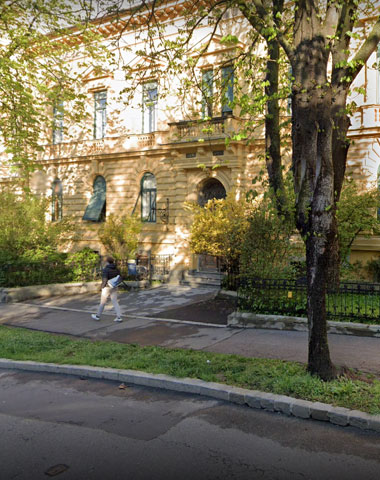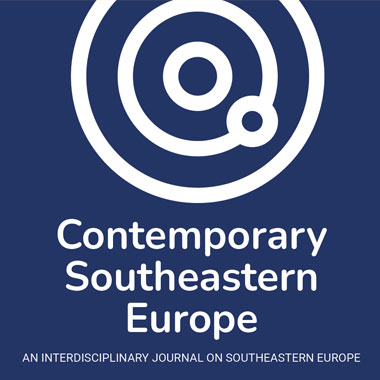

since
2013
CSE is a fully open access journal, all articles are available online and free of charge upon publication.
Contemporary Southeastern Europe (CSE) was established in autumn 2013 as a scholarly online journal that publishes peer-reviewed and open-access articles. In 2016, CSE was accepted into Directory of Open Access Journals (DOAJ), in 2019 to the Central and Eastern European Online Library (CEEOL), in 2021 into the Scopus abstract and citation database, and in 2024 to the EBSCO Information Services.
CSE is a fully open access journal, all articles are available online and free of charge upon publication.
The non-commercial distribution and copy of all published articles is allowed and free of charge, provided the author and the journal are fully credited. CSE does not charge a submission fee.
Our journal is committed to the highest academic and ethical standards at all stages of the publication process.

THEMATIC SCOPE
CSE accepts articles from the disciplines of political science, history, law, sociology, economics, cultural studies, gender studies, and anthropology. As an interdisciplinary journal we highly welcome contributions which combine different approaches and methodologies from the fields listed above. Our aim is to enable the cross-fertilisation of different school of thoughts, supporting the continuing expansion of research on Southeastern Europe.
The geographical scope of CSE includes Slovenia, Croatia, Bosnia and Herzegovina, Serbia, Montenegro, Kosovo, Albania, Macedonia, Romania, Bulgaria, Greece and Turkey. We especially welcome inter- and transnational analyses.
The contemporary focus of our journal ranges from the end of state socialism to the present day. Nonetheless, CSE is open to historical research too if it aids the understanding of current affairs.
CONTENT TYPES
CSE publishes research articles, analyses of elections and current events, as well as book reviews. But CSE is more than just a journal; it is also a platform for academic debates. Thus, our website additionally contains video interviews with the authors about their articles and a forum for scholarly exchange.

Publishing Frequency
CSE publishes two issues per year, one in summer and one in winter.
Publisher
CSE is published by the Centre for Southeast European Studies (CSEES) at the University of Graz.
